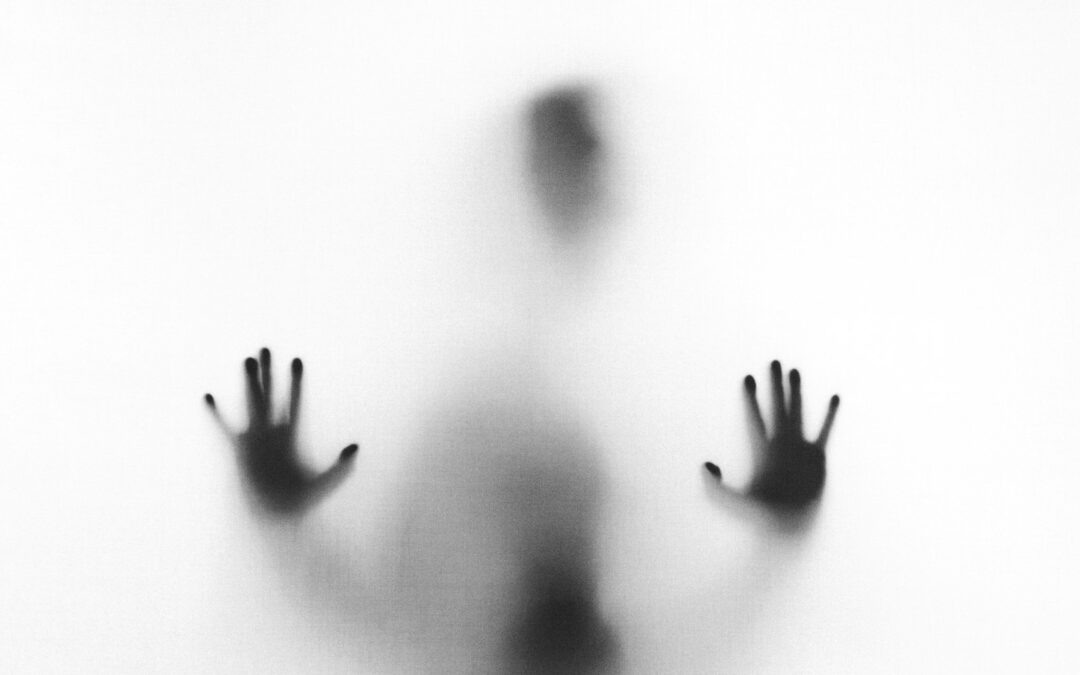Recent advancements in depression treatment offer new hope for individuals struggling with this pervasive mental health condition. Here are some of the most promising developments:
1. Stanford Accelerated Intelligent Neuromodulation Therapy (SAINT)
Stanford Medicine has introduced SAINT, a groundbreaking form of transcranial magnetic stimulation (TMS). This treatment delivers high doses of magnetic brain stimulation on an accelerated timeline, targeting each patient’s specific neurocircuitry. Remarkably, nearly 80% of participants in a controlled study experienced remission from severe depression. This rapid and noninvasive treatment could be a game-changer for those with treatment-resistant depression (Stanford Medicine).
2. Deep Brain Stimulation with rTMS
Research funded by the National Institute of Mental Health (NIMH) has explored the use of repetitive transcranial magnetic stimulation (rTMS) to target deeper brain areas associated with depression. By stimulating surface regions linked to deeper brain areas, researchers found that this method can effectively reduce depression symptoms. This innovative approach provides a noninvasive alternative to conventional treatments, potentially improving outcomes for many patients (NIMH).
3. Virtual Reality (VR) in Depression Treatment
Virtual reality (VR) technology is being utilized to treat major depressive disorder (MDD). A recent study involved participants using VR headsets to engage in simulated activities that promote pleasure and mastery. This immersive experience was found to be as effective as traditional behavioral activation therapy, offering a novel way to make treatment more engaging and accessible. VR-based treatments could help overcome barriers to accessing traditional psychotherapies (Med Xpress).
4. Auvelity: A New Fast-Acting Medication
The FDA has approved Auvelity, a new fast-acting medication for major depressive disorder. This drug is the first pill in over 60 years to offer a novel mechanism of action for treating depression. Auvelity provides a new option for patients who may not respond to existing medications, expanding the arsenal of tools available to combat depression (NIMH).
Conclusion
These advancements underscore the continuous efforts in the medical field to enhance depression treatment. From innovative brain stimulation techniques to the integration of cutting-edge technologies like VR, and the introduction of new medications, these developments hold promise for improving the lives of those affected by depression. As research progresses, these treatments may become more widely available, offering new hope and options for individuals seeking relief from depression.
For more detailed information on these advancements, visit NIMH, Stanford Medicine, and Medical Xpress.
Remember, if you need further guidance or support, don’t hesitate to reach out to your mental health professional or contact us for assistance.
